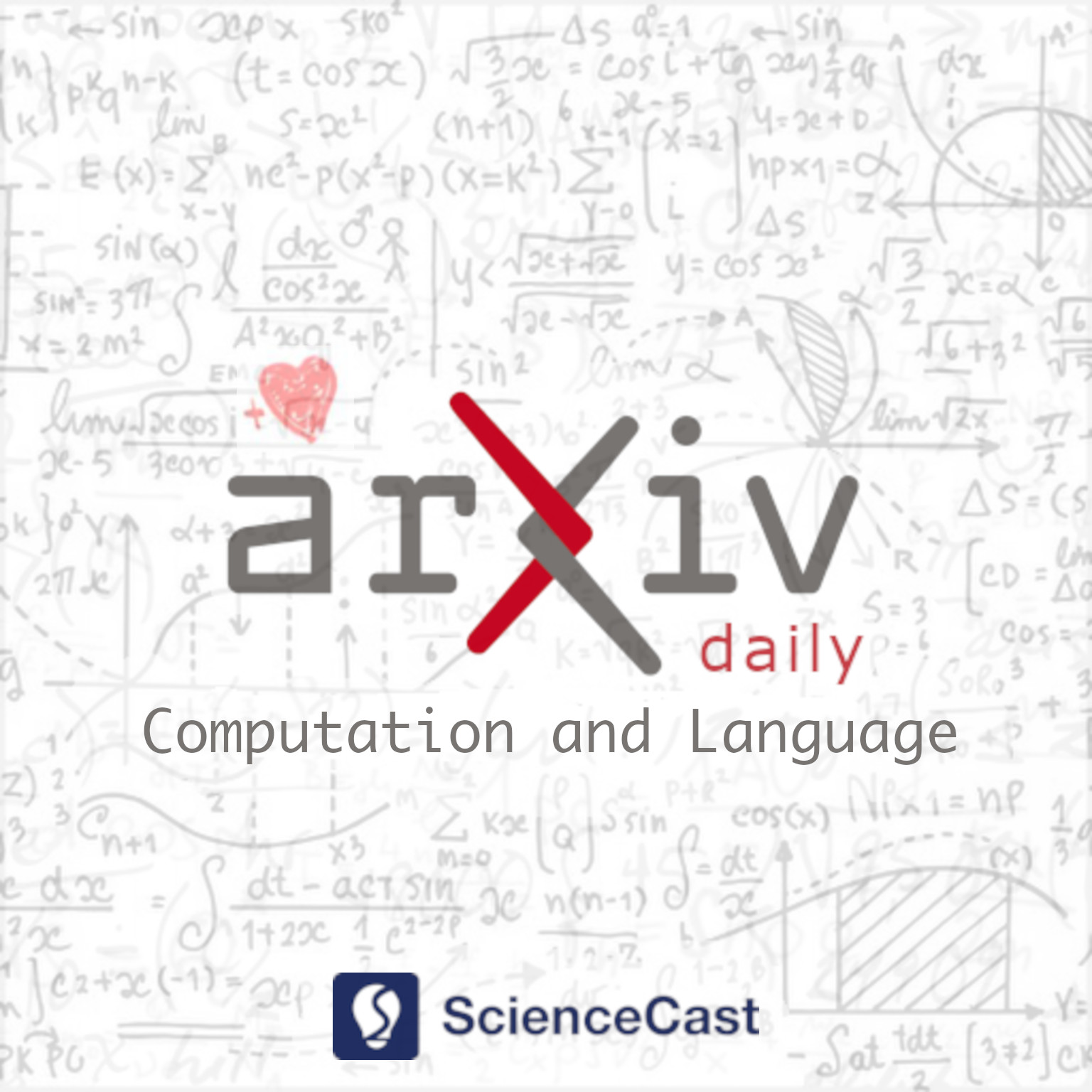
Computation and Language (cs.CL)
Fri, 07 Jul 2023
1.Token-Level Serialized Output Training for Joint Streaming ASR and ST Leveraging Textual Alignments
Authors:Sara Papi, Peidong Wan, Junkun Chen, Jian Xue, Jinyu Li, Yashesh Gaur
Abstract: In real-world applications, users often require both translations and transcriptions of speech to enhance their comprehension, particularly in streaming scenarios where incremental generation is necessary. This paper introduces a streaming Transformer-Transducer that jointly generates automatic speech recognition (ASR) and speech translation (ST) outputs using a single decoder. To produce ASR and ST content effectively with minimal latency, we propose a joint token-level serialized output training method that interleaves source and target words by leveraging an off-the-shelf textual aligner. Experiments in monolingual (it-en) and multilingual (\{de,es,it\}-en) settings demonstrate that our approach achieves the best quality-latency balance. With an average ASR latency of 1s and ST latency of 1.3s, our model shows no degradation or even improves output quality compared to separate ASR and ST models, yielding an average improvement of 1.1 WER and 0.4 BLEU in the multilingual case.
2.TRAC: Trustworthy Retrieval Augmented Chatbot
Authors:Shuo Li, Sangdon Park, Insup Lee, Osbert Bastani
Abstract: Although conversational AIs have demonstrated fantastic performance, they often generate incorrect information, or hallucinations. Retrieval augmented generation has emerged as a promising solution to reduce these hallucinations. However, these techniques still cannot guarantee correctness. Focusing on question answering, we propose a framework that can provide statistical guarantees for the retrieval augmented question answering system by combining conformal prediction and global testing. In addition, we use Bayesian optimization to choose hyperparameters of the global test to maximize the performance of the system. Our empirical results on the Natural Questions dataset demonstrate that our method can provide the desired coverage guarantee while minimizing the average prediction set size.
3.Mitigating Negative Transfer with Task Awareness for Sexism, Hate Speech, and Toxic Language Detection
Authors:Angel Felipe Magnossão de Paula, Paolo Rosso, Damiano Spina
Abstract: This paper proposes a novelty approach to mitigate the negative transfer problem. In the field of machine learning, the common strategy is to apply the Single-Task Learning approach in order to train a supervised model to solve a specific task. Training a robust model requires a lot of data and a significant amount of computational resources, making this solution unfeasible in cases where data are unavailable or expensive to gather. Therefore another solution, based on the sharing of information between tasks, has been developed: Multi-Task Learning (MTL). Despite the recent developments regarding MTL, the problem of negative transfer has still to be solved. Negative transfer is a phenomenon that occurs when noisy information is shared between tasks, resulting in a drop in performance. This paper proposes a new approach to mitigate the negative transfer problem based on the task awareness concept. The proposed approach results in diminishing the negative transfer together with an improvement of performance over classic MTL solution. Moreover, the proposed approach has been implemented in two unified architectures to detect Sexism, Hate Speech, and Toxic Language in text comments. The proposed architectures set a new state-of-the-art both in EXIST-2021 and HatEval-2019 benchmarks.
4.A Side-by-side Comparison of Transformers for English Implicit Discourse Relation Classification
Authors:Bruce W. Lee, BongSeok Yang, Jason Hyung-Jong Lee
Abstract: Though discourse parsing can help multiple NLP fields, there has been no wide language model search done on implicit discourse relation classification. This hinders researchers from fully utilizing public-available models in discourse analysis. This work is a straightforward, fine-tuned discourse performance comparison of seven pre-trained language models. We use PDTB-3, a popular discourse relation annotated dataset. Through our model search, we raise SOTA to 0.671 ACC and obtain novel observations. Some are contrary to what has been reported before (Shi and Demberg, 2019b), that sentence-level pre-training objectives (NSP, SBO, SOP) generally fail to produce the best performing model for implicit discourse relation classification. Counterintuitively, similar-sized PLMs with MLM and full attention led to better performance.
5.AI-UPV at EXIST 2023 -- Sexism Characterization Using Large Language Models Under The Learning with Disagreements Regime
Authors:Angel Felipe Magnossão de Paula, Giulia Rizzi, Elisabetta Fersini, Damiano Spina
Abstract: With the increasing influence of social media platforms, it has become crucial to develop automated systems capable of detecting instances of sexism and other disrespectful and hateful behaviors to promote a more inclusive and respectful online environment. Nevertheless, these tasks are considerably challenging considering different hate categories and the author's intentions, especially under the learning with disagreements regime. This paper describes AI-UPV team's participation in the EXIST (sEXism Identification in Social neTworks) Lab at CLEF 2023. The proposed approach aims at addressing the task of sexism identification and characterization under the learning with disagreements paradigm by training directly from the data with disagreements, without using any aggregated label. Yet, performances considering both soft and hard evaluations are reported. The proposed system uses large language models (i.e., mBERT and XLM-RoBERTa) and ensemble strategies for sexism identification and classification in English and Spanish. In particular, our system is articulated in three different pipelines. The ensemble approach outperformed the individual large language models obtaining the best performances both adopting a soft and a hard label evaluation. This work describes the participation in all the three EXIST tasks, considering a soft evaluation, it obtained fourth place in Task 2 at EXIST and first place in Task 3, with the highest ICM-Soft of -2.32 and a normalized ICM-Soft of 0.79. The source code of our approaches is publicly available at https://github.com/AngelFelipeMP/Sexism-LLM-Learning-With-Disagreement.